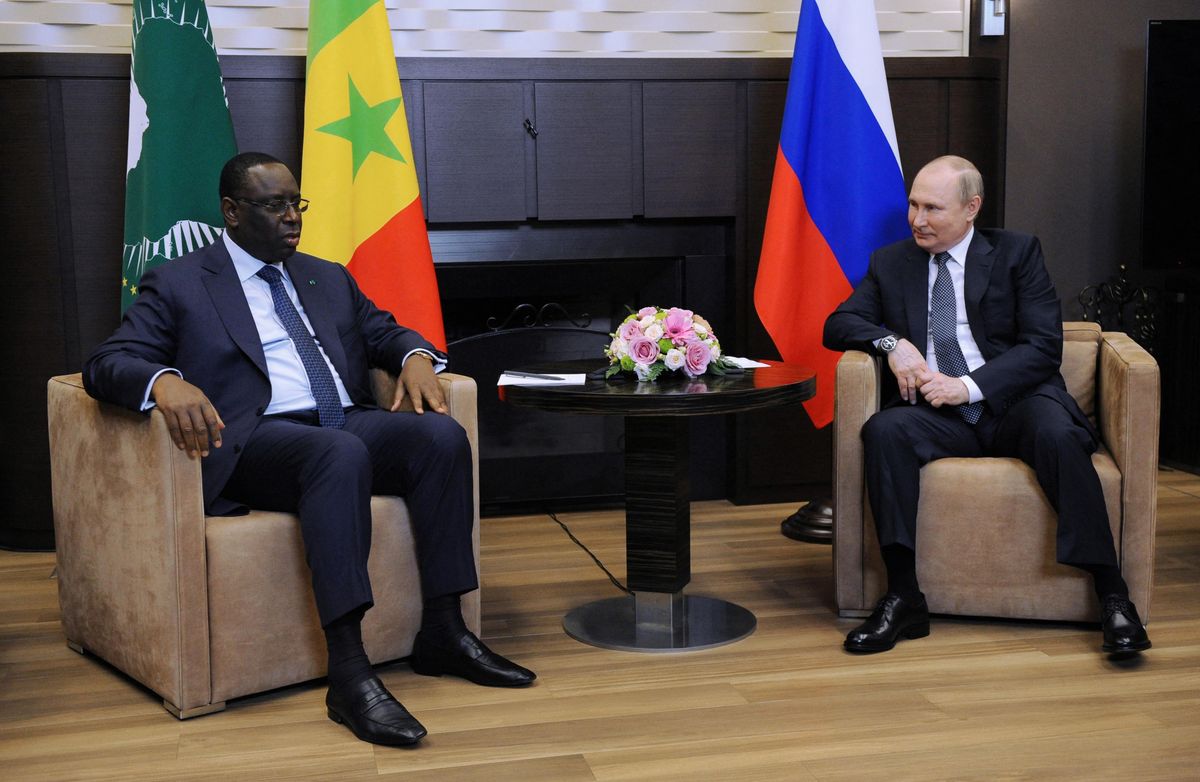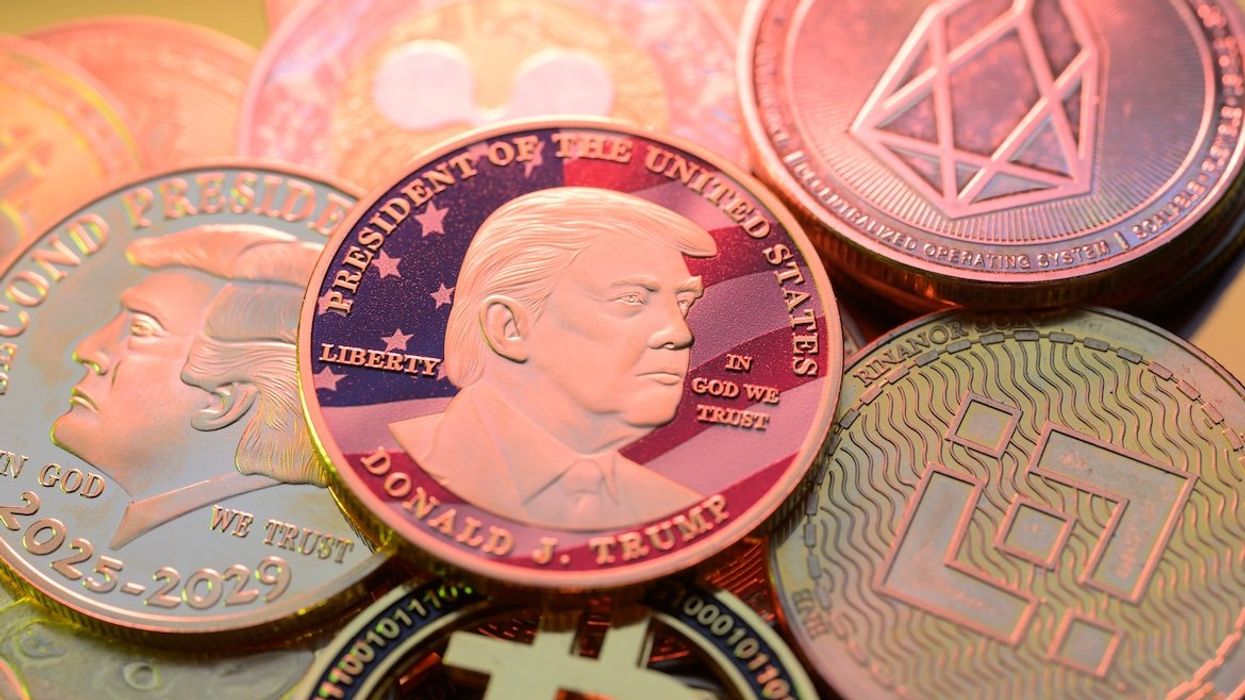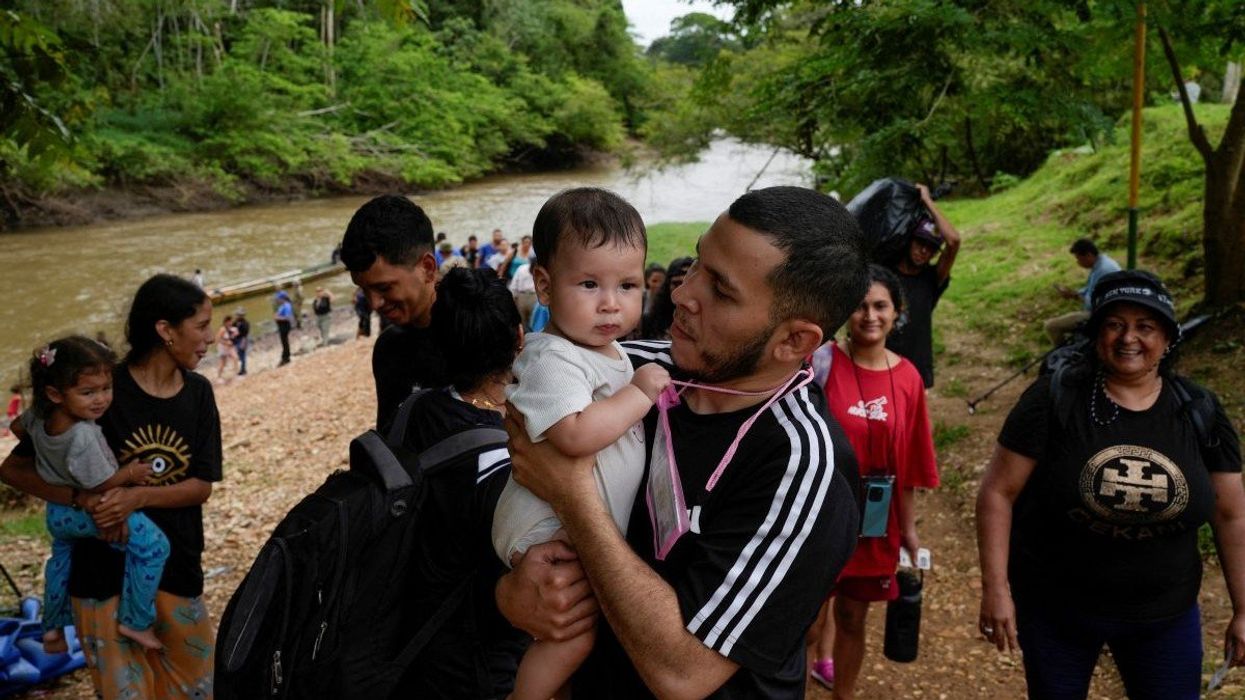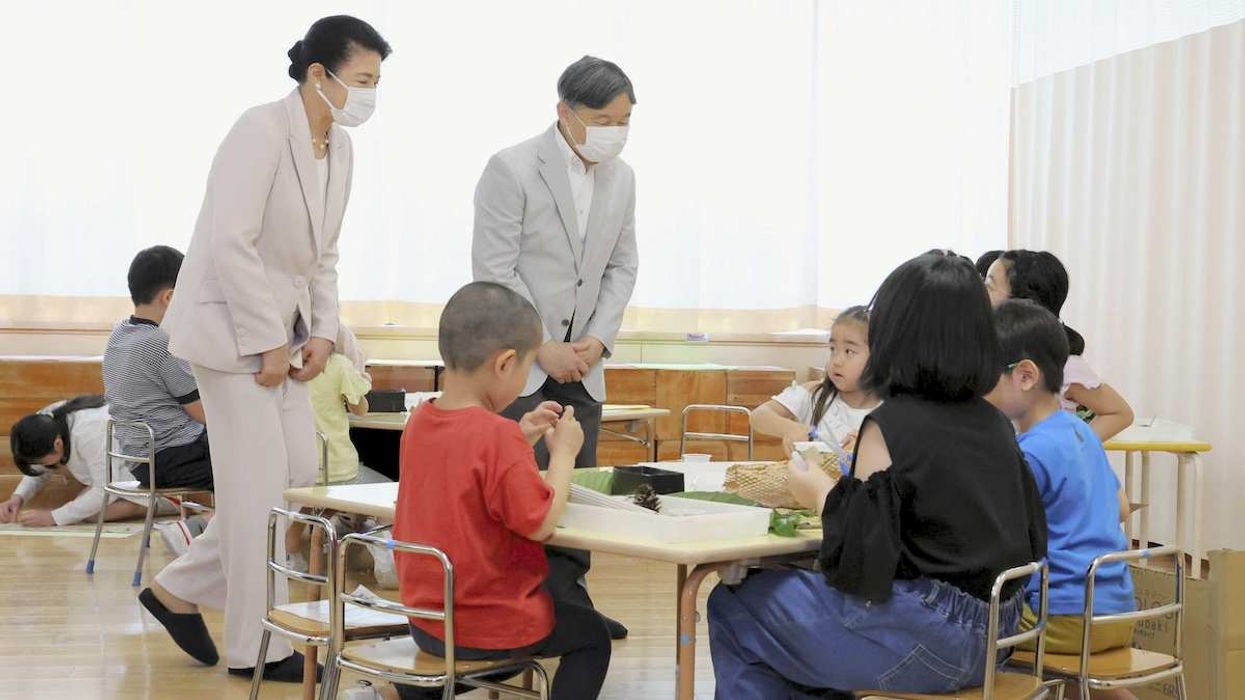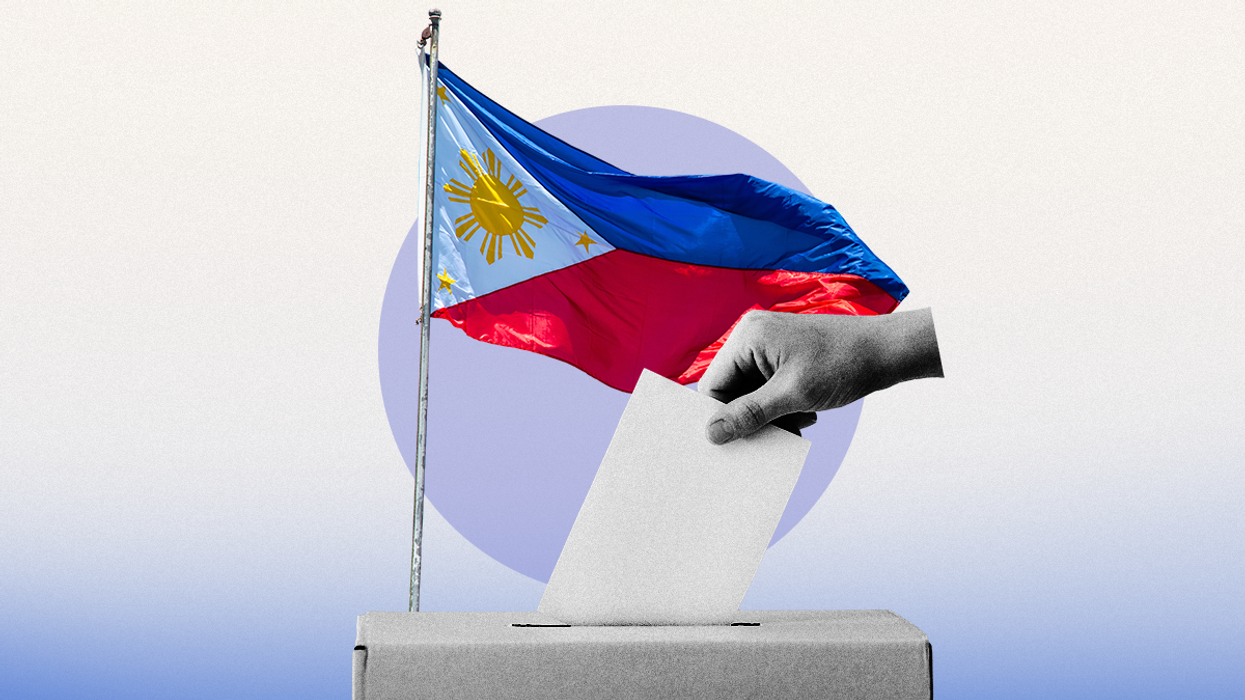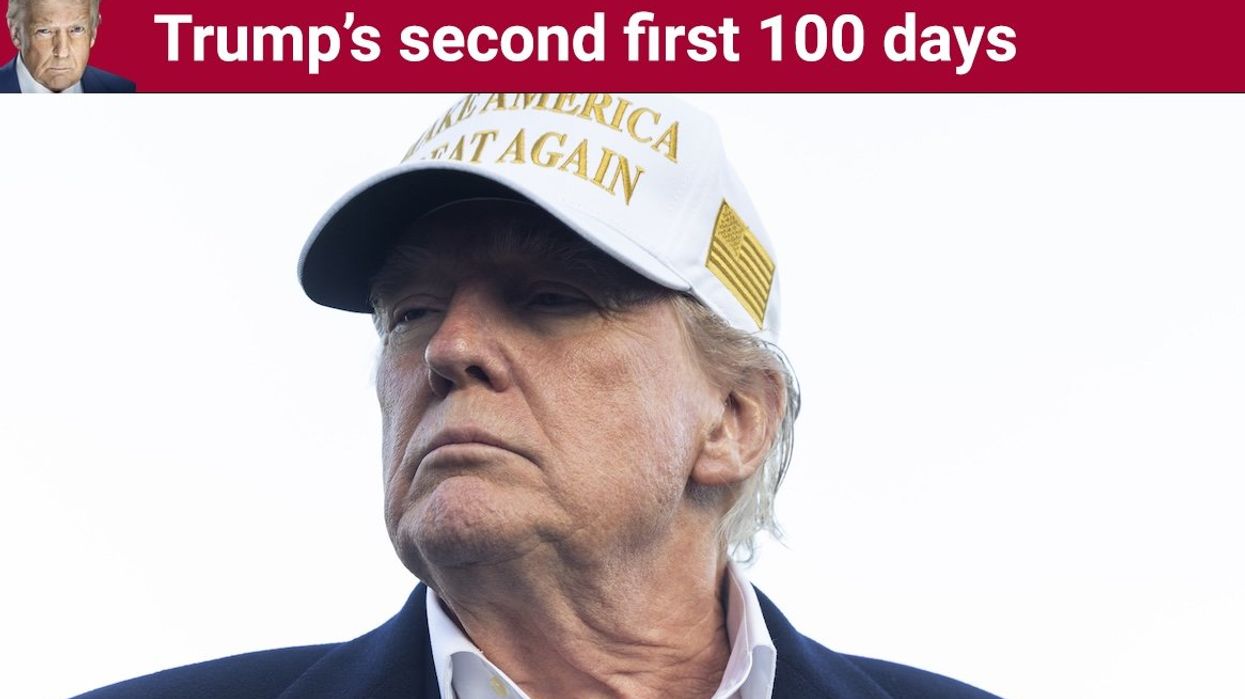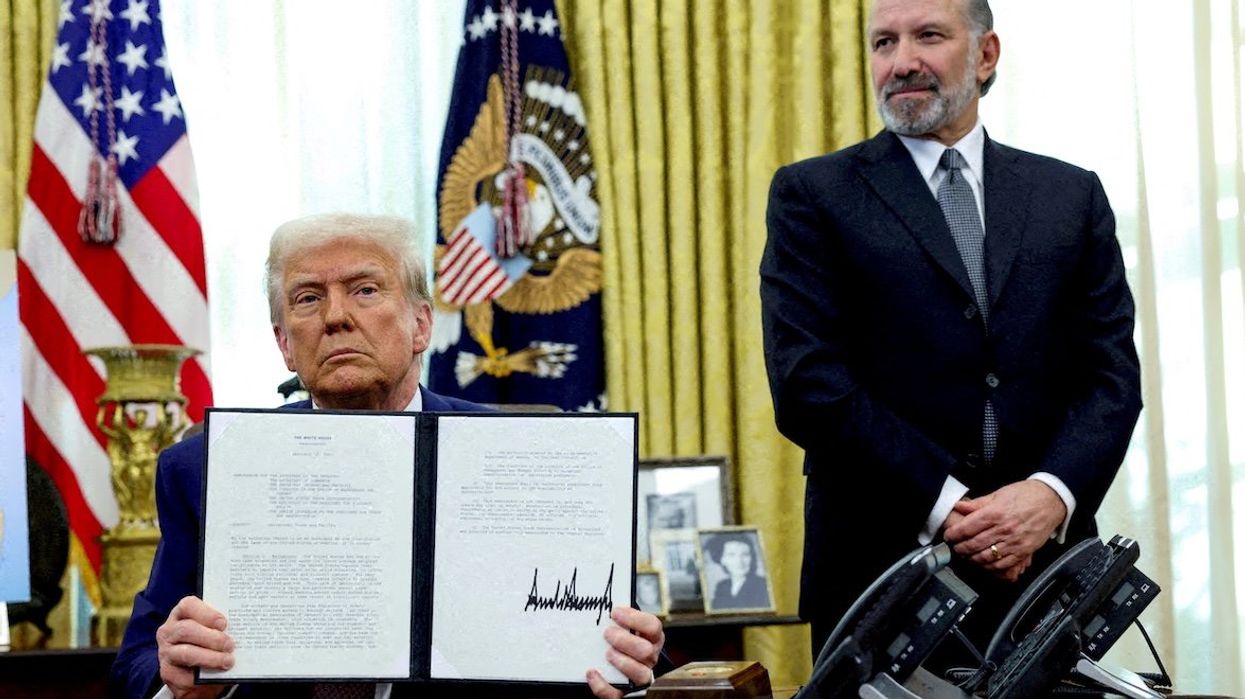In response to Russia’s invasion of Ukraine, the US and Europe have launched a concerted campaign to punish Russia economically and isolate it politically. The West wants to send a strong message to other powers that might be tempted to violate the so-called rules-based international order. But many developing countries across Asia, Africa, and Latin America are reluctant to go along, blunting the effectiveness of this campaign. We spoke to Eurasia Group expert Christopher Garman to better understand the reasons for their skepticism, and what the consequences are likely to be.
Who is opposing the campaign against Russia?
China, of course, is the biggest opponent. Locked in a rivalry of its own with the US, China is not likely to abandon its strategic partnership with Russia. At the same time, China worries about the consequences of the West’s pressure campaign on the global economy. It has been active in rallying opposition to Western sanctions and overtures to isolate Russia in the Global South, where many countries see no reason why they should follow US and European efforts to isolate Russia — especially if doing so will come at a steep economic cost.
The first signs of tension emerged at the United Nations. When the UN General Assembly voted on March 2 to condemn Russia’s invasion, 141 member states voted in favor and only 5 against, with 35 abstentions. But when a second vote on April 7 sought to suspend Russia from the UN Human Rights Council, support dwindled to just 93 countries; 24 countries opposed the measure, and 58 abstained.
So, this is mostly about economics?
Mostly, yes. The war and the sanctions have supercharged already high inflation, and the developing world is suffering most acutely from spiraling food and energy prices. Ukraine is a major food supplier, and Russia is a big producer of both food and energy — as well as the fertilizer used to grow food elsewhere. Rising costs for this input are making basic foodstuffs like meat or dairy more expensive, in addition to the soaring prices for commodities produced in Russia and Ukraine such as wheat, barley, and sunflower oil. The war will therefore have a longer-term effect on global food prices, putting millions of people at risk of going hungry.
How are these trends shaping perceptions of Russia outside of the West?
Russia has been adroitly pushing the narrative that Western sanctions on its exports have triggered the global food crisis, rhetoric that has been echoed by leaders in the developing world, including Macky Sall, Senegal’s president and current chair of the African Union. This allows Moscow to continue to strangle Kyiv economically while exporting wheat — including stolen Ukrainian grain — to friendly emerging markets at high prices (a win-win for the Kremlin).
Are there other reasons for the developing world’s opposition to the campaign against Russia?
Most leaders in the Global South instinctively favor a multipolar international order. They don’t believe that multilateral institutions adequately reflect their weight in the global economy and resent that they're dominated by the US and Europe. As a result, many developing countries see Russia as a useful counterweight to US and/or Chinese influence in their regions. They think Russia can help them advance their own military, economic, and diplomatic objectives.
India, for example, relies heavily on Russian arms and has cultivated its relationship with Moscow even as it deepens cooperation with Washington against Beijing in the Indo-Pacific.
And from the perspective of much of the world, the war in Ukraine, though a humanitarian tragedy, is a regional crisis for Europe — neither a threat to the wider international order, nor something worth alienating an important military and economic actor over.
So, what is likely to happen?
The sanctions imposed by the West will likely succeed in materially degrading Russia’s economy, and the decoupling between the two sides appears irreversible as long as President Vladimir Putin remains in power. Yet, the prospect of a unified global effort to isolate Moscow seems remote, and any attempts to toughen the current sanctions framework could prompt China and developing countries to develop alternative payment and transport mechanisms to access Russian exports.
Meanwhile, the rift over the campaign against Russia may have broader implications. It bodes poorly for US attempts to build partnerships with developing countries to push back against Chinese influence. It could also undermine cooperation in multilateral fora such as the G20, where US-led efforts to expel Russia have been opposed by developing countries, and even encourage the expansion of alternative organizations. Last month, the BRICS grouping — comprised of Brazil, Russia, India, China, and South Africa and seen by some as a possible future alternative to the G20 — invited more than half a dozen other developing countries to participate in a virtual meeting of foreign ministers.
